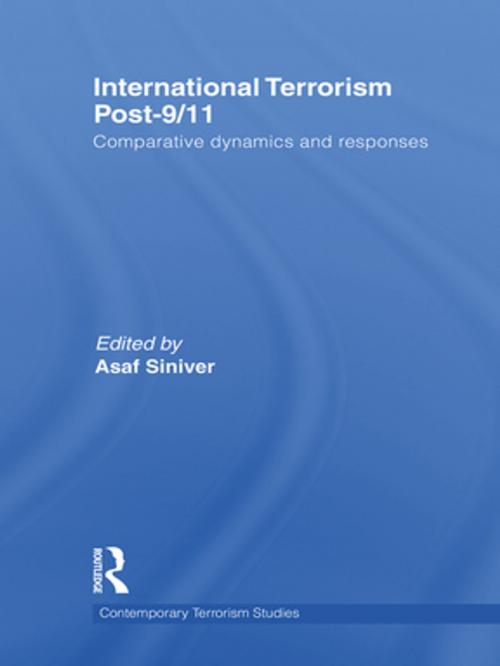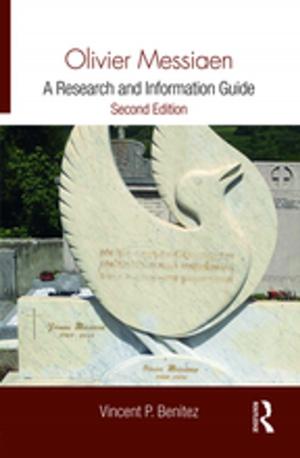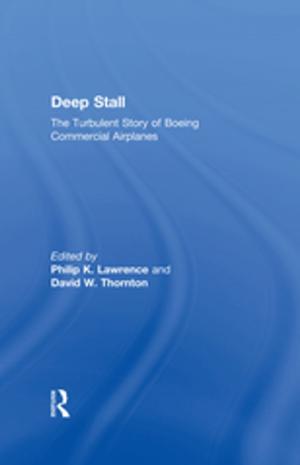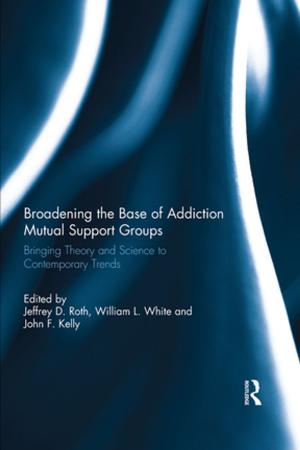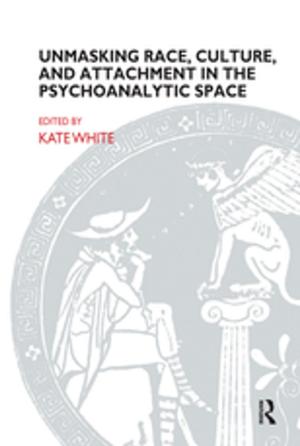International Terrorism Post-9/11
Comparative Dynamics and Responses
Nonfiction, Social & Cultural Studies, Political Science, International, International Security, History, Military| Author: | ISBN: | 9781136973451 | |
| Publisher: | Taylor and Francis | Publication: | April 5, 2010 |
| Imprint: | Routledge | Language: | English |
| Author: | |
| ISBN: | 9781136973451 |
| Publisher: | Taylor and Francis |
| Publication: | April 5, 2010 |
| Imprint: | Routledge |
| Language: | English |
This edited volume brings together both western and non-western approaches to counter-terrorism in the post-9/11 era.
This multi-cultural study of counter-terrorism strategies identifies common lessons from failed and successful attempts to counter the terrorist threat and provides guidelines for an effective counter-terrorism strategy. The book explores the changing dynamics of terrorism from a range of perspectives – from the global threat posed by home-grown terrorism in North Africa and the larger security dimensions in the Middle East, to the various strategies employed by western and non-western societies in their efforts to develop effective counter-terrorism strategies. Core themes in the book include the divergent dynamics of the phenomena categorised under the 'terrorism' label, and the domestic, national and regional variants of international terrorism. As such, the book offers in-depth analysis of the relationship between the local and the global, both in the root causes of, and responses to, terrorism since 9/11.
This book will be of much interest to students of terrorism and political violence, security studies and IR.
Asaf Siniver is Lecturer in International Security in the Department of Political Science and International Studies at the University of Birmingham.
This edited volume brings together both western and non-western approaches to counter-terrorism in the post-9/11 era.
This multi-cultural study of counter-terrorism strategies identifies common lessons from failed and successful attempts to counter the terrorist threat and provides guidelines for an effective counter-terrorism strategy. The book explores the changing dynamics of terrorism from a range of perspectives – from the global threat posed by home-grown terrorism in North Africa and the larger security dimensions in the Middle East, to the various strategies employed by western and non-western societies in their efforts to develop effective counter-terrorism strategies. Core themes in the book include the divergent dynamics of the phenomena categorised under the 'terrorism' label, and the domestic, national and regional variants of international terrorism. As such, the book offers in-depth analysis of the relationship between the local and the global, both in the root causes of, and responses to, terrorism since 9/11.
This book will be of much interest to students of terrorism and political violence, security studies and IR.
Asaf Siniver is Lecturer in International Security in the Department of Political Science and International Studies at the University of Birmingham.
